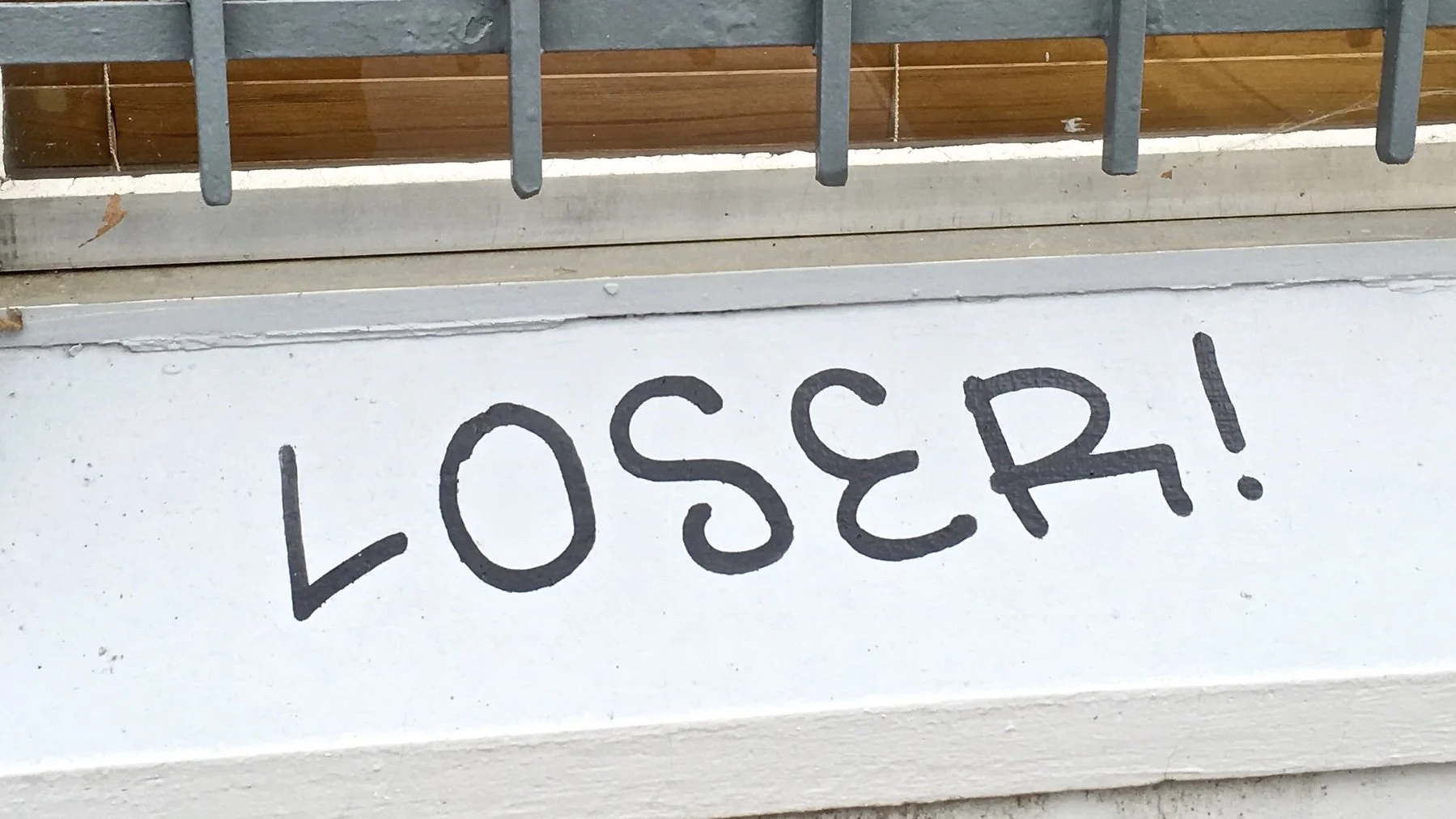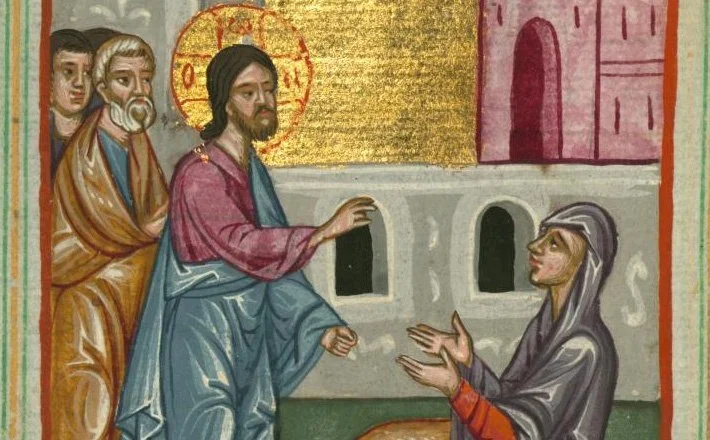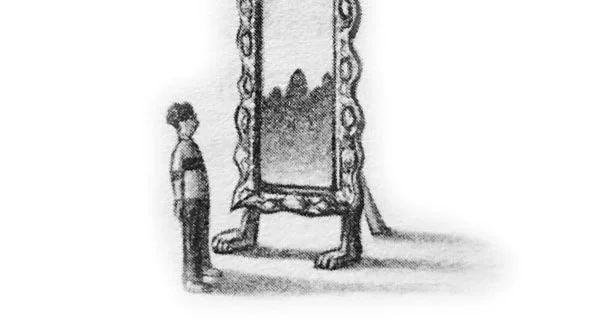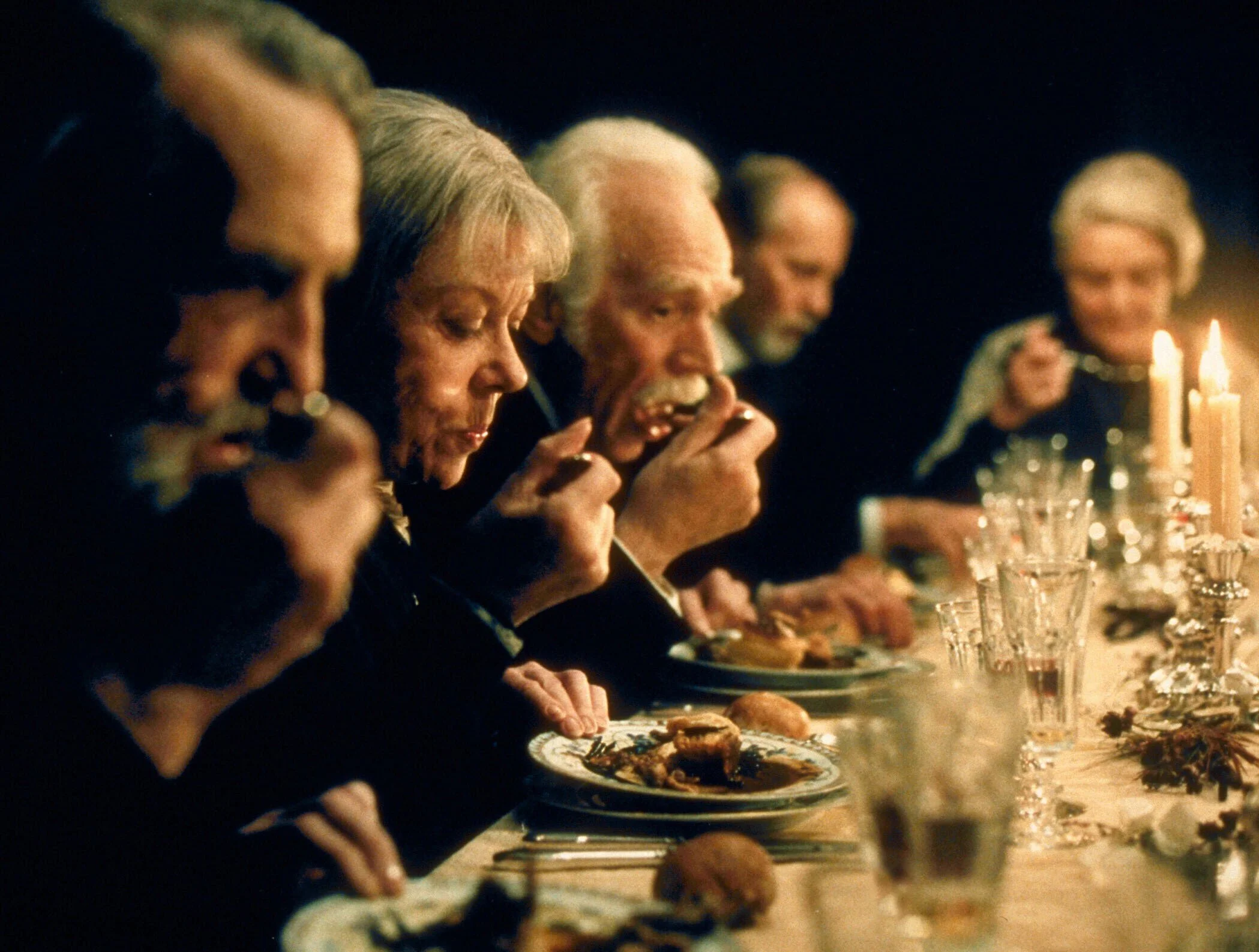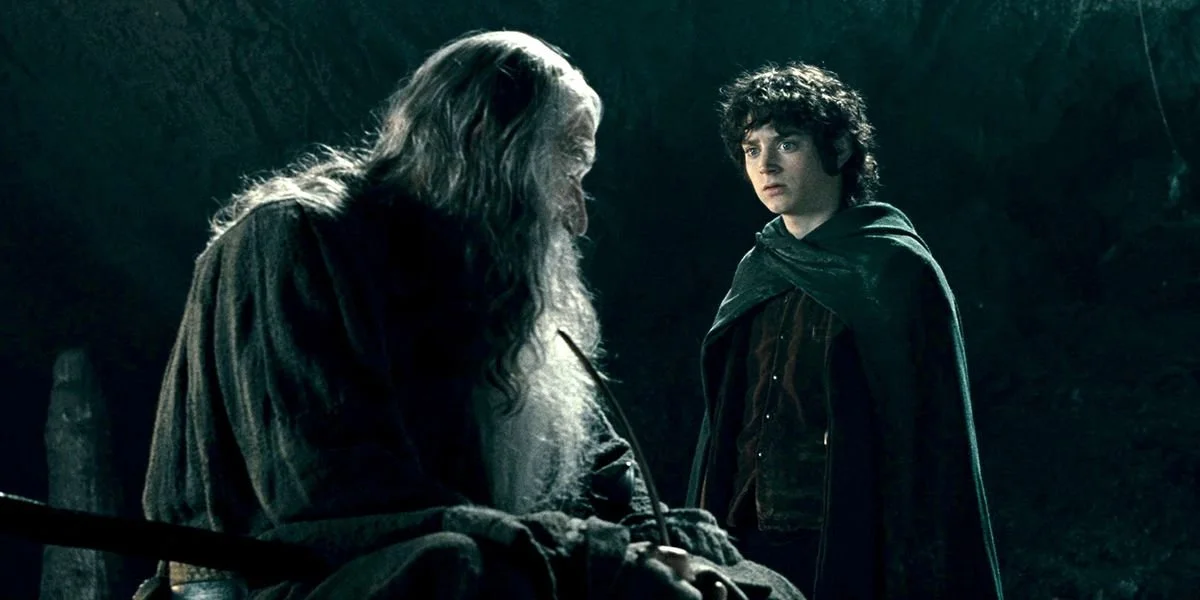A Sermon for Proper 21 (Year B)
There’s this song my family used to listen to, called “So You Wanna Go Back to Egypt.” It’s by an Evangelical singer-songwriter from the early ‘80s, named Keith Green. It’s written in the voice of the Israelites as they trudge through the desert and complain at the beginning of our Old Testament reading today. They want to go back to Egypt—to eating leeks & onions by the Nile—because they’re sick of manna—the mysterious, heavenly bread that God provides to feed them, one day at a time. The song playfully catalogs all the things they made out of this miraculous but dreadfully monotonous gift: manna hotcakes, manna waffles, manna burgers, filet of manna, ba-manna bread!


